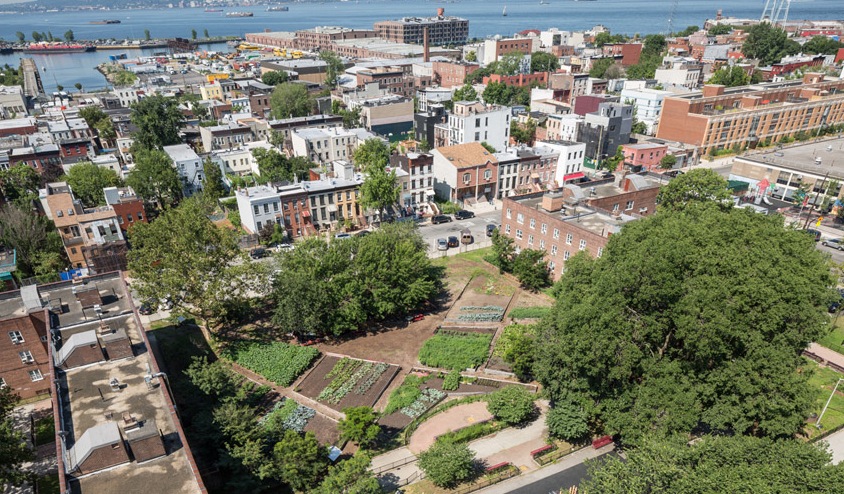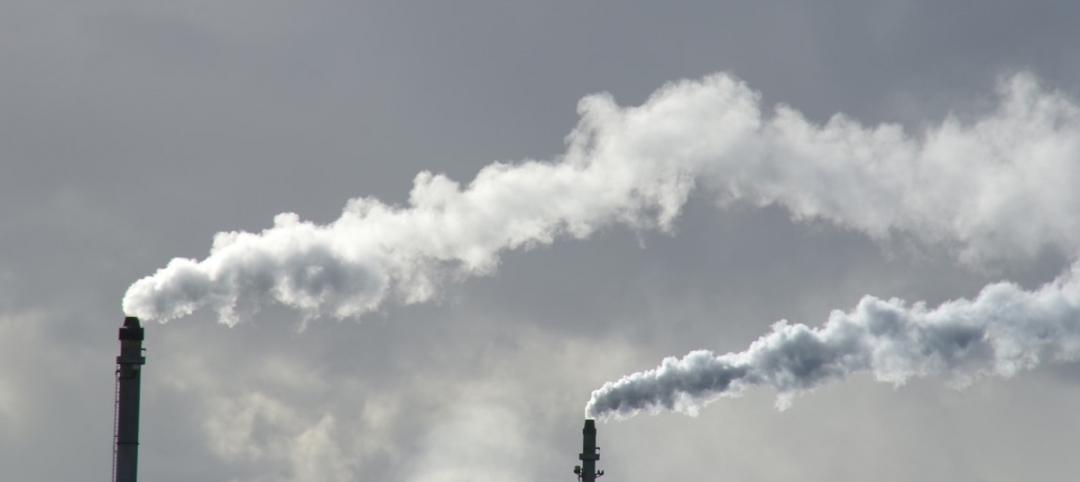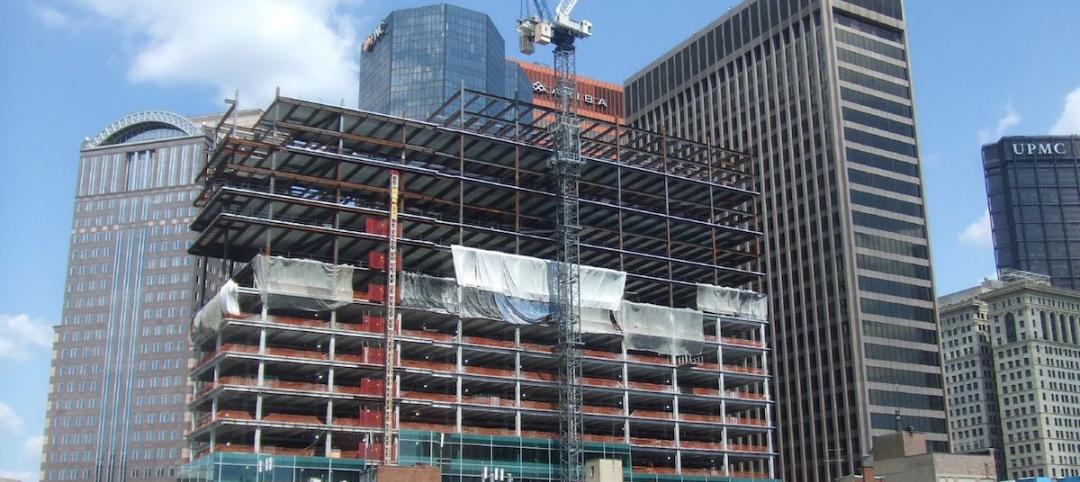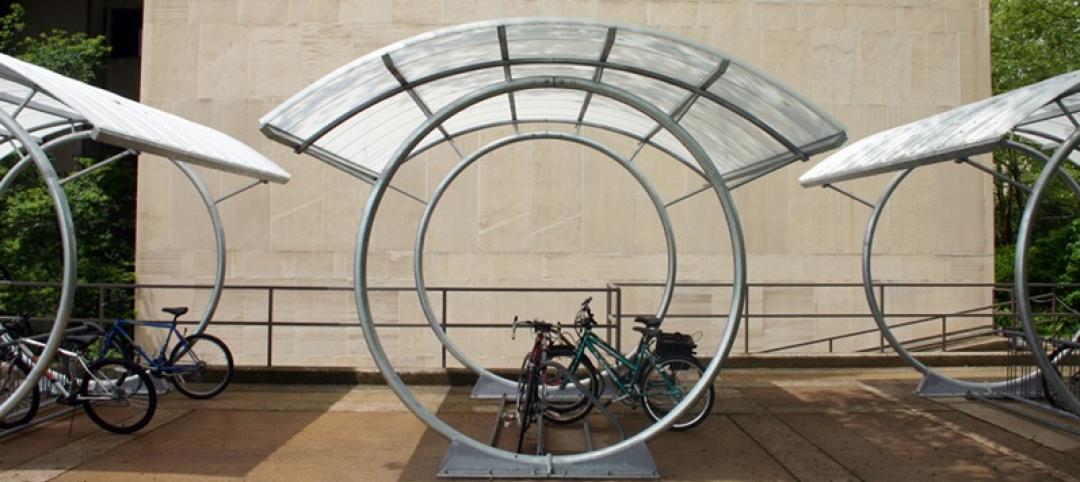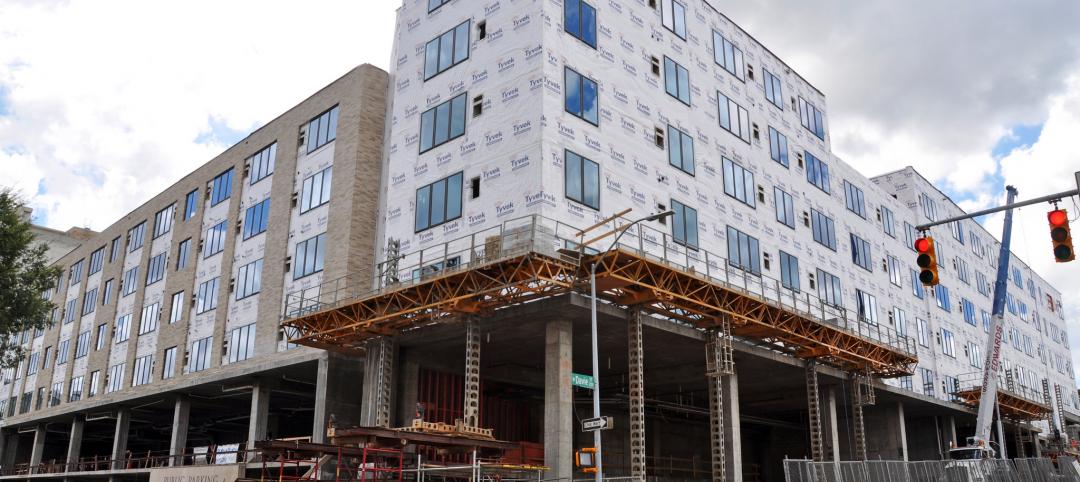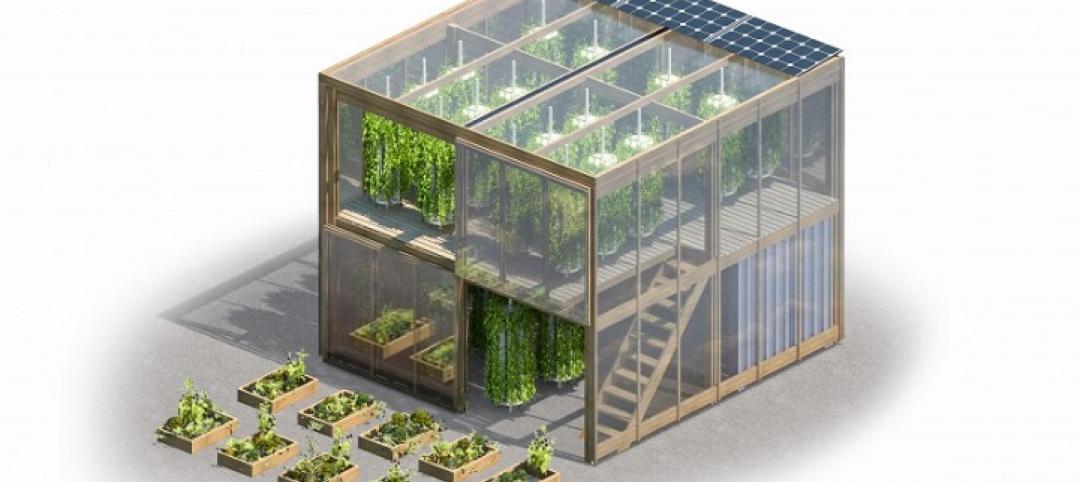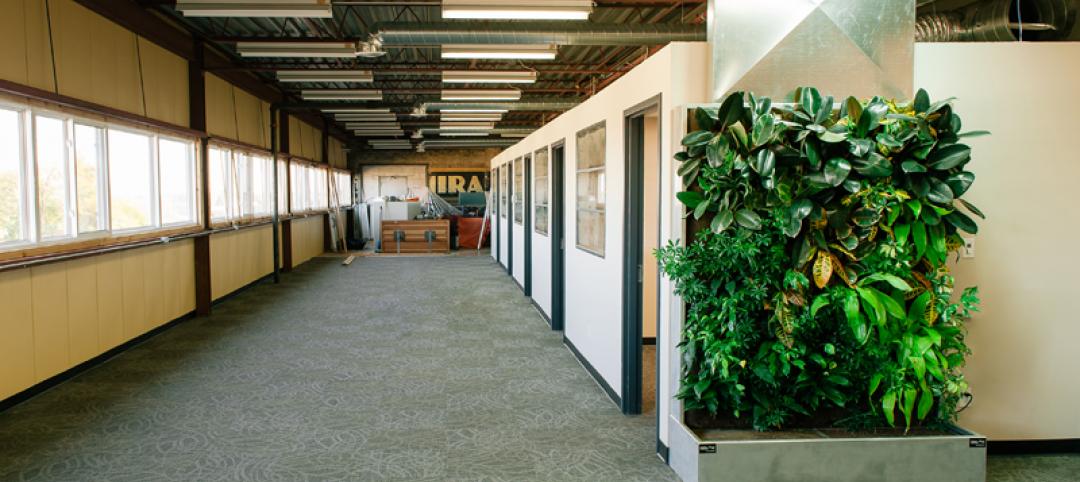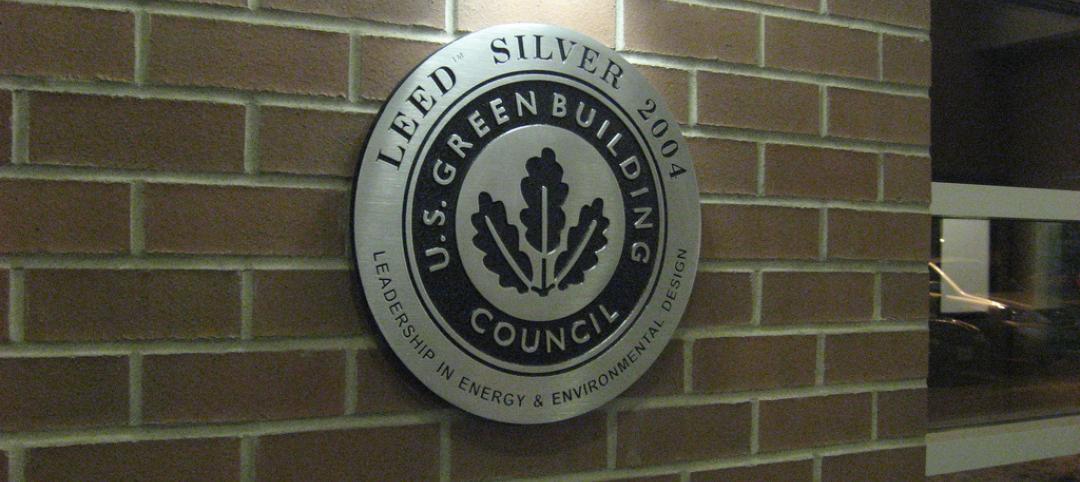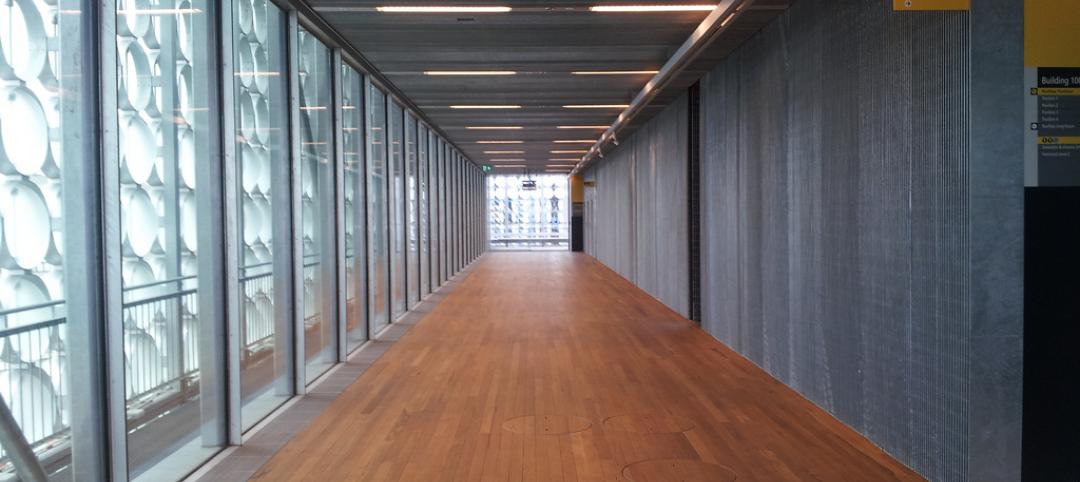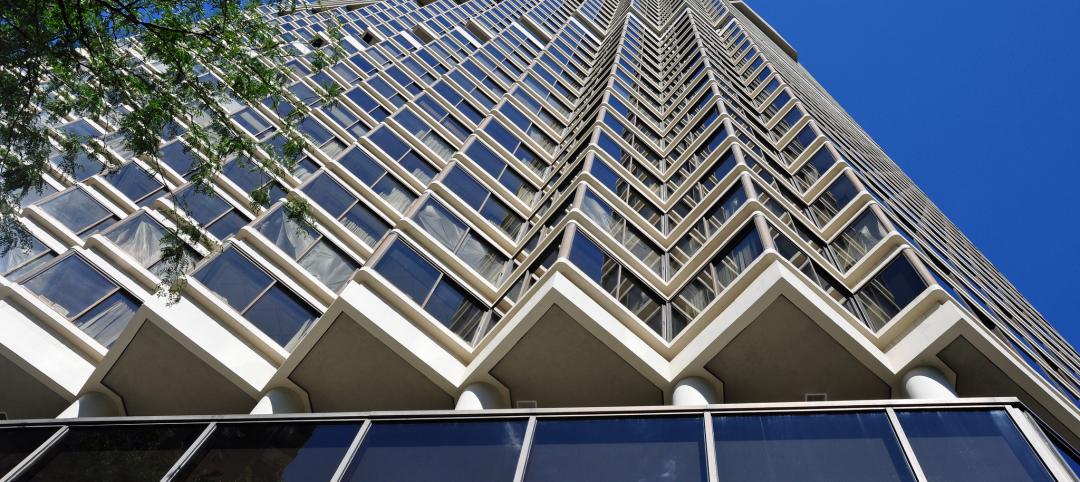This month, New York City is conducting a month-long design festival called Archtober. Part of this event will be a tour open to the public on October 8 of a one-acre urban farm in the Red Hook section of Brooklyn. It is one of the first models in the country of a working farm on public housing property.
Added Value, a local nonprofit with a three-acre farm a few blocks away, initiated this project, called The Red Hook West Urban Farm, which it is maintaining and operating with Green City Force’s Clean Energy Corp. The New York City Housing Authority (NYCHA) launched this project in June 2013, and the farm was installed by participants in the Center for Economic Opportunity’s Work Progress Program, a component of the Young Men’s Initiative.
The Red Hook West Urban Farm’s primary missions are the growth and distribution of healthy foods, the education of local residents about healthy diets, and a green jobs training program for NYCHA youth who are out of school and unemployed. Green City Force and Added Value manage a work readiness program to provide hands-on job skills training in the field of urban agriculture, as well as educational support and life-skills development.
Gita Nandan, RA, LEED AP, Principal and architect; and landscape architect Elliott Maltby, both of the firm thread collective, designed the Red Hook West Urban Farm, and will conduct the tour. The farm is described as “a built representation” of thread collective’s Lowlands concept for urban agriculture, green infrastructure, and resiliency.
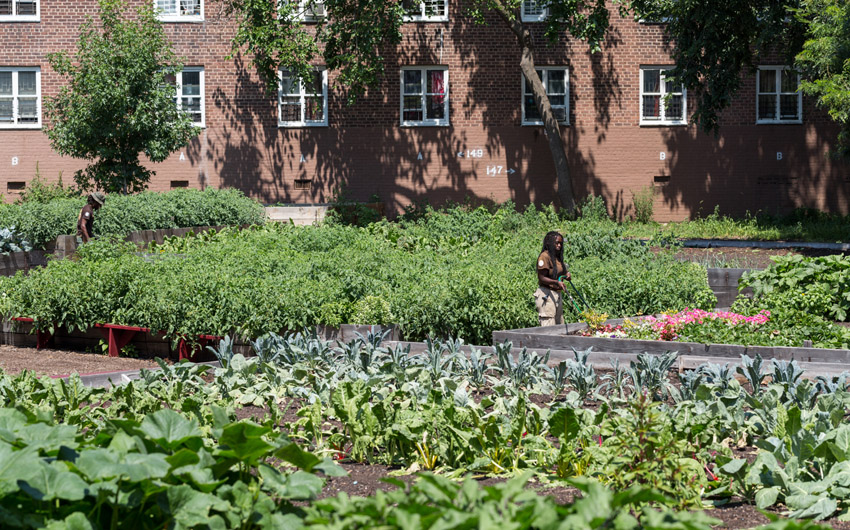
As part of its Urban Agriculture Initiative, NYCHA—the largest such agency in North America, with 328 public housing developments—intends to replicate this farm on at least five other sites, the locations of which have yet to be disclosed.
NYCHA’s Garden and Greening Program manages one the largest and longest-running public gardening programs in the U.S., and has supported residents in developing more than 650 community-based garden plots.
In 2011, NYCHA partnered with Added Value and Green City Force in to launch a model NYCHA farm with the goal of increasing opportunities for affordable housing neighborhoods to gain access to fresh produce, horticultural training opportunities, and building community capacity.
The Red Hook farm received funding from the Center for Economic Opportunity and in-kind donations from the New York Department of Sanitation and Department of Parks and recreation.
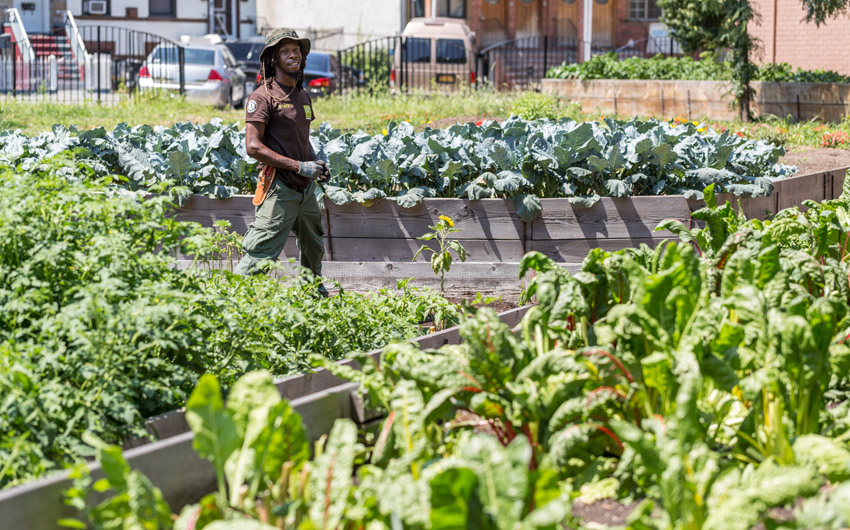
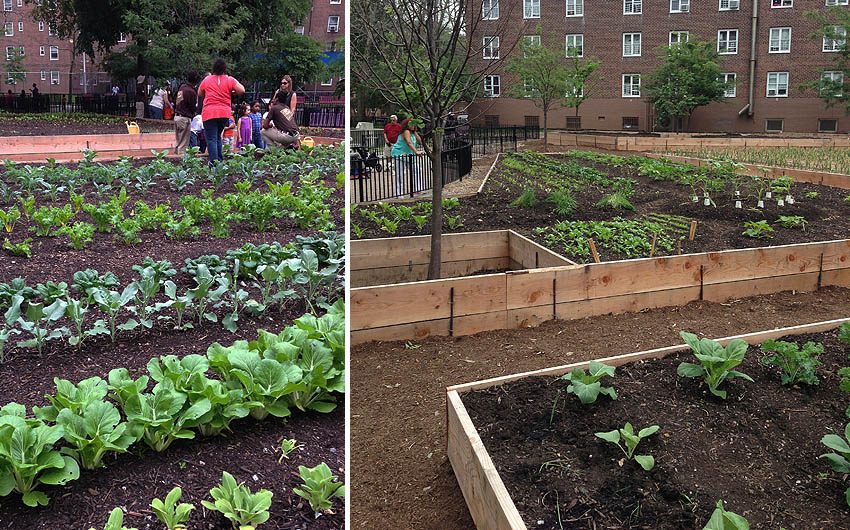
Related Stories
Green | Nov 30, 2015
Federal agencies aim for major reduction in greenhouse gas emissions
A 42% cut to come from buildings, vehicles, supply chain.
Green | Nov 29, 2015
Leadership or limbo: Moving to building green’s next level
After interviewing more than 50 AEC firms for our Greenbuild Report in the November issue, I wonder if the sustainability movement has hit a wall in the nonresidential construction sector.
Green | Nov 23, 2015
Top 10 green building products for 2016
A hybrid urinal, ventless dryer, and a chair made of mushroom roots are among the new green products to make BuildingGreen's annual list.
Green | Nov 23, 2015
Green construction doubling every three years
Clients and tenants increasingly value sustainability.
Green | Nov 23, 2015
Copenhagen designer offers assembly kit for a two-story hydroponic urban farm
Founders of Human Habitat believe their Impact Farm could grow up to six tons of produce per year.
Sponsored | Green | Nov 20, 2015
A century-old furniture factory gets a living wall biofilter for better air
During renovations, the team integrated the biofilter into the new HVAC system to provide clean air directly to the offices
Green | Nov 19, 2015
USGBC names 2016 board of directors and advisory council
New governance structure will have two leadership bodies.
BIM and Information Technology | Nov 18, 2015
AIA: Energy modeling key to reaching carbon neutrality in buildings
Energy modeling allows architects to be more ambitious with energy-saving in their design projects.
Green | Nov 18, 2015
Green Seal expands standard for paints, coatings, stains, and finishes
This new edition of GS-11 includes floor coatings, concrete and masonry sealers, and fire resistive coatings, in addition to the paints, primers, anti-corrosive coatings, and reflective coatings previously covered.
Green | Nov 17, 2015
DOE launches new data collaborative to help cities and states boost building efficiency
The SEED Standard will help manage, standardize, share performance data.


